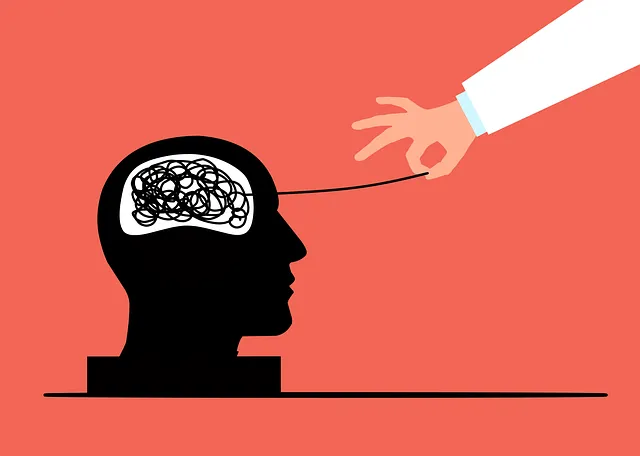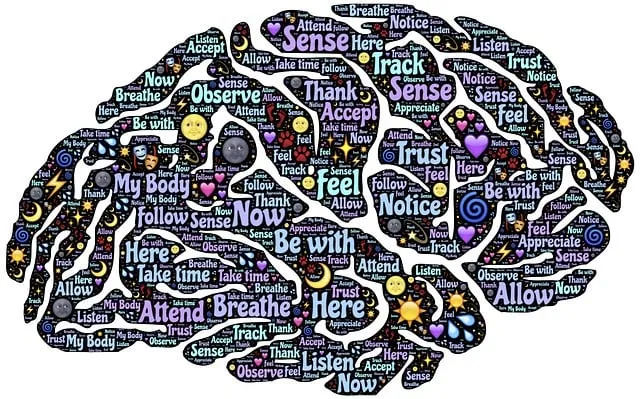In today's diverse healthcare landscape, particularly within Greenwood Village and its communities, cultural competency is essential for mental health services. Greenwood Village Kaiser Permanente psychiatry leads in this area through innovative training programs focused on stigma reduction, cultural sensitivity, and communication strategies. These tailored programs empower providers to adapt treatment methods, honor patient values & beliefs, and effectively address diverse backgrounds, ensuring quality care and positive outcomes. Continuous evaluation ensures program refinement based on patient satisfaction and clinical outcome data.
Healthcare provider cultural competency training is an essential component of modern medical practice, addressing the diverse needs of a multicultural society. This article explores the critical need for such training, focusing on innovative models like Greenwood Village Kaiser Permanente’s Psychiatry department. We delve into their approach and highlight successful implementation strategies, emphasizing measurable outcomes as key to effective cultural competency programs. By examining these aspects, we aim to revolutionize healthcare delivery through culturally competent practices.
- Understanding Cultural Competency in Healthcare: A Need for Change
- Greenwood Village Kaiser Permanente Psychiatry: An Innovative Approach to Training
- Implementing and Measuring Effective Cultural Competency Programs
Understanding Cultural Competency in Healthcare: A Need for Change

In today’s diverse healthcare landscape, cultural competency is no longer an optional consideration but a necessity. The patient population is increasingly varied, reflecting the rich tapestry of communities within Greenwood Village and beyond. This shift demands that healthcare providers, particularly those in specialized fields like psychiatry at Kaiser Permanente, understand and appreciate the unique cultural backgrounds and experiences of their patients.
Cultural competency goes beyond basic language skills; it involves recognizing and respecting differences in values, beliefs, and communication styles. For instance, what may be considered normal coping skills in one culture could be perceived as challenging behaviors in another. The Mental Wellness Podcast Series Production, a valuable resource for many, can contribute to this understanding by highlighting diverse perspectives on mental health. Additionally, risk management planning for mental health professionals should incorporate cultural sensitivity to ensure patient safety and effective treatment.
Greenwood Village Kaiser Permanente Psychiatry: An Innovative Approach to Training

Greenwood Village Kaiser Permanente Psychiatry has emerged as a pioneering force in mental healthcare education, offering an innovative approach to training that addresses critical areas such as mental illness stigma reduction efforts and communication strategies. By prioritizing cultural sensitivity in mental healthcare practice, this program prepares professionals to navigate diverse patient backgrounds, ensuring they can deliver personalized, effective treatment.
The initiative leverages interactive workshops, real-world scenarios, and peer learning to equip practitioners with the skills needed to overcome barriers stemming from cultural differences. This holistic approach not only enhances care quality but also fosters a more inclusive environment where every patient feels understood and supported. Greenwood Village Kaiser Permanente Psychiatry serves as a model for other healthcare organizations, demonstrating that investing in cultural competency training is essential for advancing mental healthcare practices.
Implementing and Measuring Effective Cultural Competency Programs

Implementing and Measuring Effective Cultural Competency Programs at Greenwood Village Kaiser Permanente psychiatry involves tailored strategies that address diverse patient populations’ unique needs. Training should encompass Empathy Building Strategies, fostering a deeper understanding between healthcare providers and patients from various cultural backgrounds. This includes learning to navigate communication barriers, recognizing unconscious biases, and adapting treatment approaches to respect individual values and beliefs.
Measurement of these programs is crucial for ensuring their impact and effectiveness. Metrics can include patient satisfaction surveys, tracking improvement in clinical outcomes, and documenting reductions in burnout among healthcare providers, as measured through Burnout Prevention initiatives. Encouraging self-reflection through Mental Wellness Journaling Exercises can provide qualitative data on practitioners’ evolving cultural sensitivity. Regular evaluation allows for program refinement, ensuring that Greenwood Village Kaiser Permanente psychiatry remains at the forefront of culturally competent care delivery.
Cultural competency training, as exemplified by innovative programs like those at Greenwood Village Kaiser Permanente Psychiatry, is not just a need but a necessity in modern healthcare. By implementing and measuring effective cultural competency initiatives, healthcare providers can better serve diverse patient populations, foster trust, and improve overall health outcomes. This article has explored the importance of such training, highlighting successful models that can guide institutions worldwide in creating more inclusive and accessible care environments.






